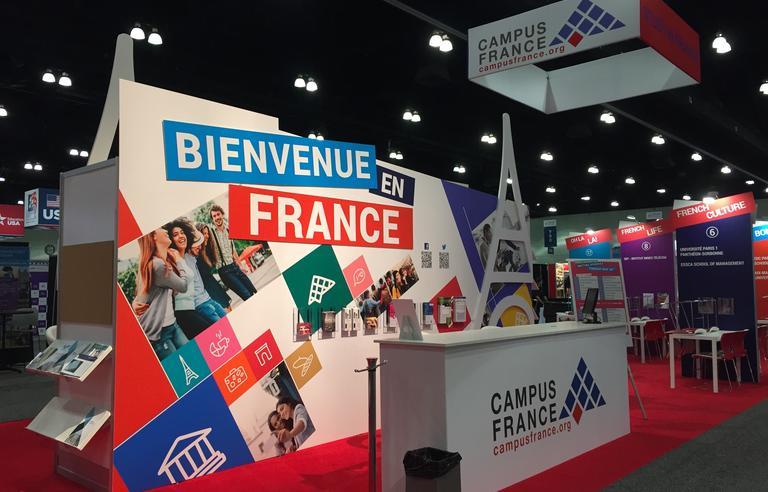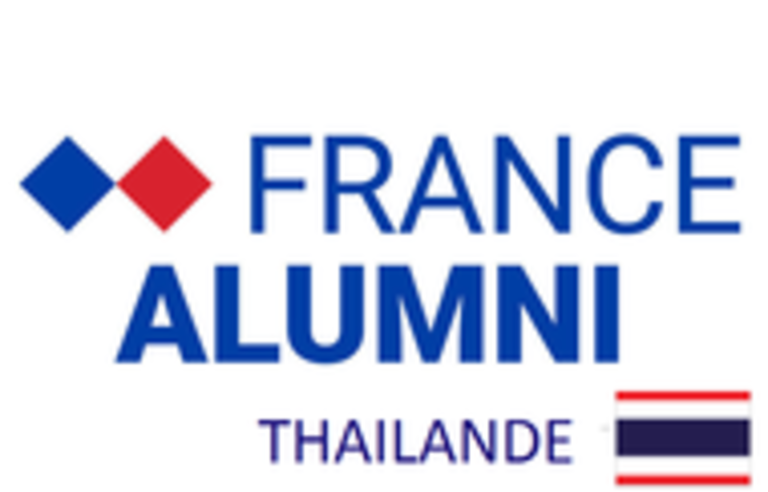QS WORLD UNIVERSITY RANKINGS 2022: FRANCE IS GAINING GROUND

The 2022 edition of the Quacquarelli Symonds ranking of the best universities worldwide was just released, and for the first time in years two French universities are present in the Top 50. With 25 institutions included in the Top 1,000, France is strengthening its position.
FRANCE IS GAINING GROUND
The QS World University Rankings 2022 analyses the results of 1,300 higher education institutions. In Europe, 492 institutions are included in the analyse, of which 251 are located in the Western part of the continent.
Increasing trend for France
As the trend shows in two other equally prestigious rankings (Shanghai and THE), two French institutions, Paris Sciences et Lettres (PSL) and the Institut Polytechnique de Paris, managed to attain a respectable rank in the Top 50 (44th and 49th respectively). Later in this ranking, but still in the Top 100 are Sorbonne Université and Université Paris-Saclay (72th and 86th respectively).
11 French institutions in the Top 500
In its comments to the results, QS said that “France offers a large choice of the best European universities and an impressive presence in international rankings”. Indeed, in total, France has 11 institutions (located in Paris and other regions) included in the Top 500.
Four additional institutions complement the aforementioned institutions: ENS de Lyon (130th rank), Ecole des Ponts ParisTech (245th), Sciences Po Paris (261th), Université de Paris (261th), Université Paris 1 Panthéon-Sorbonne (290th), Université Grenoble-Alpes (314th), and Université de Strasbourg (421th).
14 additional institutions are present between the 500th and the 1,000th rank: Aix-Marseille Université, Université de Bordeaux, Université de Montpellier, INSA de Lyon, Université Toulouse 3 – Paul Sabatier, Université Paris 2 Panthéon-Assas, Université Claude Bernard de Lyon, Université Côte d’Azur, CY - Cergy Paris Université, Université Toulouse 1 Capitole, Université de Lille, Université de Lorraine, Université de Nantes and Université Rennes 1.
Six indicators used
The method used by the QS World University Rankings is self-described as “remarkably consistent” and able to illustrate “university performance efficiently”. Six indicators are used: the academic reputation of the university, the reputation of the employers of students after graduation, the quality of education (students/teachers ratio), quotes in scientific reviews, internationalisation with the number of international teachers and the number of international students welcomed.
























